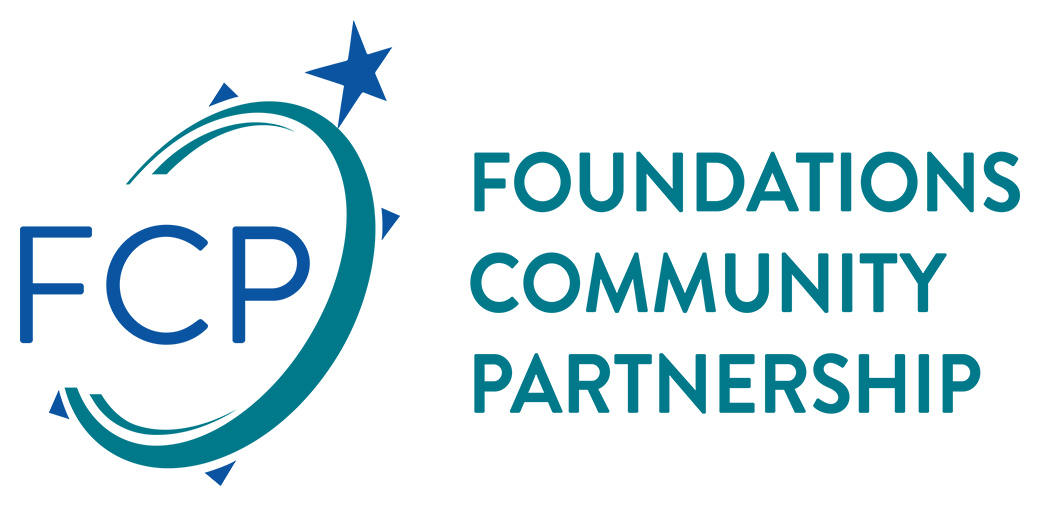Tourette’s, OCD, and a Great Presentation by Dr. Matt Specht
A Very Comprehensive Workshop this Morning!
Psychologist Matt W. Specht, Ph.D. presented a Workshop today on Assessment of Clinically Complex Pediatric Psychiatry Patients: Obsessive-Compulsive Disorder, Tourette’s Disorder, and Co-Occuring Conditions”. Whenever I read a workshop title this long addressing multiple diagnoses, especially when the speaker is from a major teaching hospital, and even more especially, Johns-Hopkins University, I expect mostly research with graphs, data and statistics. Not that those things are unimportant, but I was prepared for a boring 3 hours. I mentioned this to a colleague who had participated in an internship with Dr. Specht. She said “Just Wait, he’s a funny guy!”.
I was pleasantly surprised! Although Dr. Specht’s presentation did include a fair amount of research from his work and the work of others, it was clinically focused and relevant to everyday practice to the audience of Psychologists, Social Workers and Counselors. He presented his information succinctly, but thoroughly with relevant examples from his clinical practice, including much humor. It was not a boring workshop. The 3 hours went by quickly. Dr. Specht was clearly an expert on the topic, and an experienced clinician with this population.
While keeping the history of Tourette’s and OCD appropriately brief, Dr. Specht introduced the main “players” and processes in the development and understanding t of these disorders. In short, mid to late 1800’s identified symptoms as a medical problem, the late 1800s labeled the disorder as Tourette’s, after Georges Albert Edouard Gilles de la Tourette, who specified the diagnostic criteria. In the very early 1900s, Sigmund Freud classified the syndrome as a psychogenic problem, probably a neurosis resulting from an unresolved anxiety conflict. Later, Arthur Shapiro, M.D., discredited the Psychoanalytic explanation by demonstrating that medications are effective treatments for the disorder. His work supported a biological/physiological explanation for these symptoms. Later researchers including John B Watson, Ph.D., B.F. Skinner, Ph.D. introduced the effect of environment, and behavior therapy to the mix. Currently, research indicates that these conditions are affected by genetic and biological predisposition but can be triggered or exacerbated by environmental conditions. The most effective treatments are a combination of medication and Cognitive Behavioral interventions.
Dr. Specht was adamant that clinicians and physicians were prone to treat the OCD and Tourette’s syndrome or OCD as primary, but ignore the common co-occurring disorders such as ADHD, depression, and anxiety. Often, the Tourette’s/OCD symptoms are less problematic for kids then the other disorders. Dr. Specht suggested that treatment is not complete until all symptoms are treated.
There was one problem with the workshop. The microphone did not work. This may be due to my advanced age & possible worsening hearing loss. Dr. Specht’s voice faded in and out, depending on where his face was pointing. Either my hearing or the audio system needs to be fixed for future workshops. Unfortunately, I did not hear all of his jokes.
